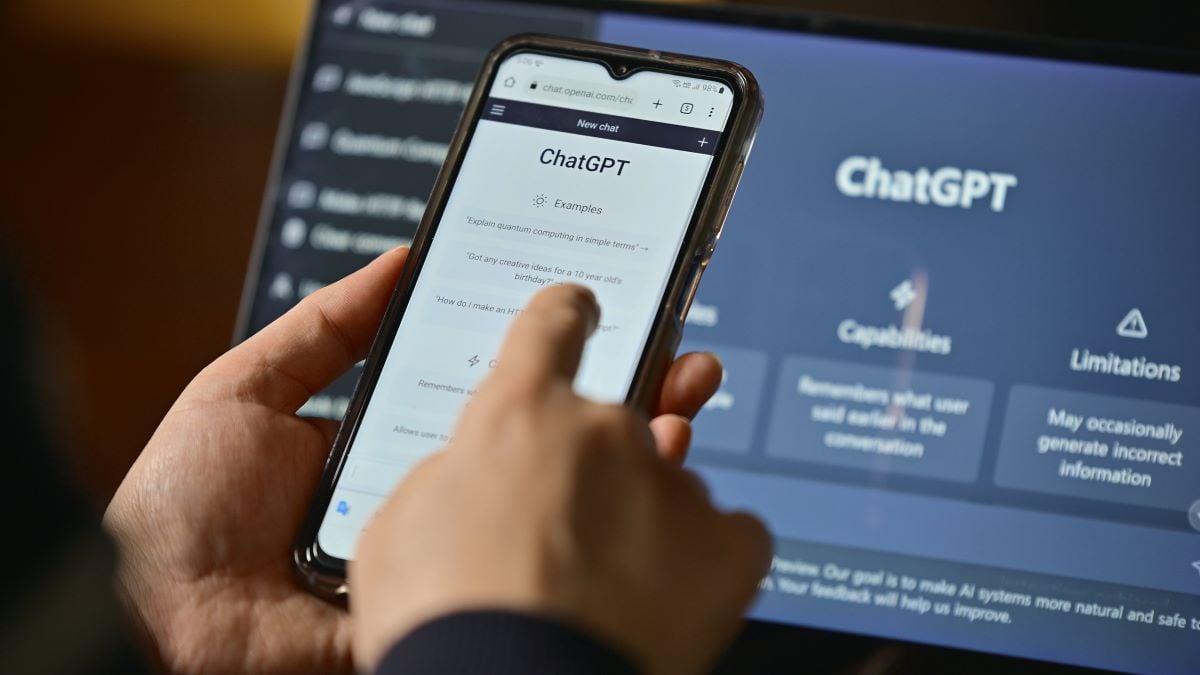Artificial Intelligence
ChatGPT in big schools push
OpenAI has hired former Coursera executive Leah Belsky to lead its efforts to bring its products to more schools and classrooms.

OpenAI has appointed Leah Belsky, a former Coursera executive, as its inaugural general manager of education. In this role, Belsky will lead the artificial intelligence startup’s endeavors to expand the reach of its products in educational settings.
Previously serving as the chief revenue officer at Coursera, Belsky’s primary responsibility will be to enhance OpenAI’s interaction with educators and students across K-12, higher education, and continuing education sectors, as announced by the company.
Besides external engagement, Belsky will collaborate internally with various teams at the startup, including product, policy, and marketing, to establish partnerships and relay insights gathered from the academic realm. Following the introduction of ChatGPT by OpenAI in late 2022, student engagement with the chatbot surged significantly, particularly at the start of the last fall’s school term.
While some educators expressed concerns about AI potentially facilitating cheating among students, others have acknowledged its permanence and have begun integrating the technology into their teaching methodologies and research approaches. OpenAI’s efforts have extended to fostering partnerships within academia, complementing broader revenue initiatives.
In a recent development, the company launched ChatGPT Edu, a tailored version of its chatbot featuring enhanced customization options and specialized pricing structures for educational institutions. Noteworthy educational institutions such as the University of Oxford, Arizona State University, and Columbia University are among the current subscribers to this product.
Brad Lightcap, OpenAI’s COO, underscored Belsky’s role in propelling collaborative efforts with esteemed academic entities to ensure comprehensive AI training across various disciplines and industries. As part of this collaborative approach, OpenAI plans to convene a meeting in October with presidents and provosts from leading higher education institutions to explore effective and responsible AI adoption within university environments, encompassing teaching strategies and promoting academic research.
Leveraging its cutting-edge models, OpenAI continues to develop increasingly potent tools for research purposes. The company highlighted that its most recent model exhibits advanced reasoning capabilities, showing comparable performance to Ph.D. students in select benchmark tests within the domains of physics, chemistry, and biology.















